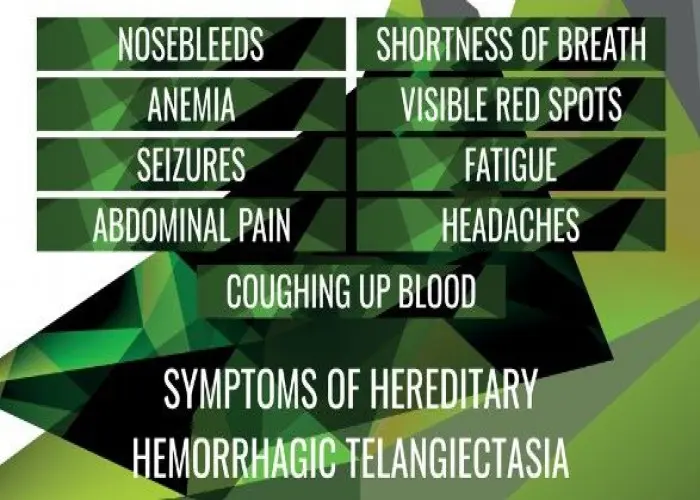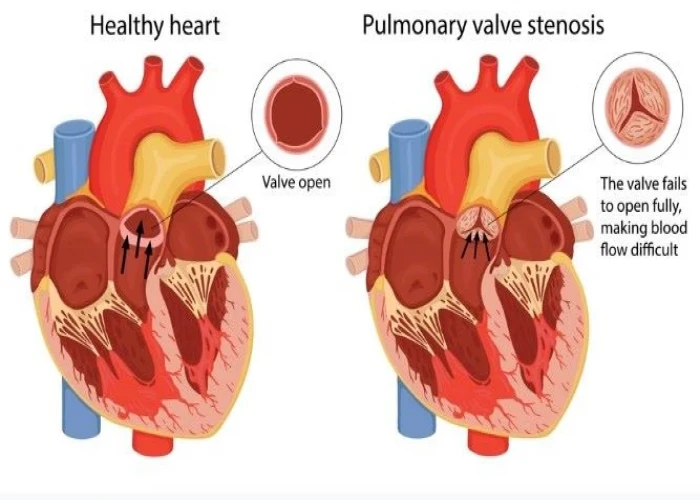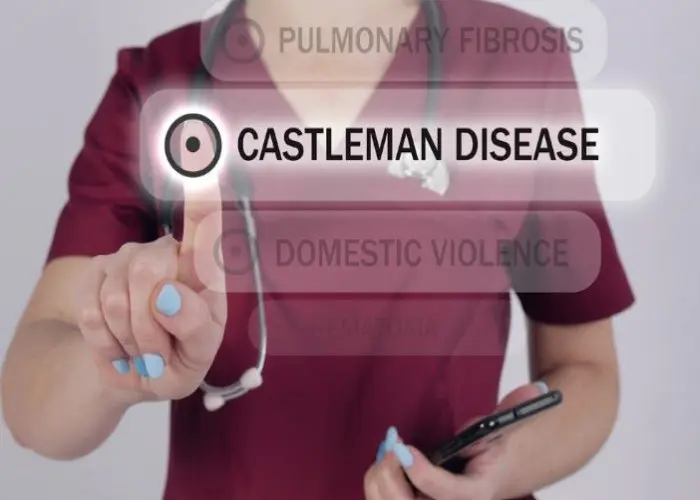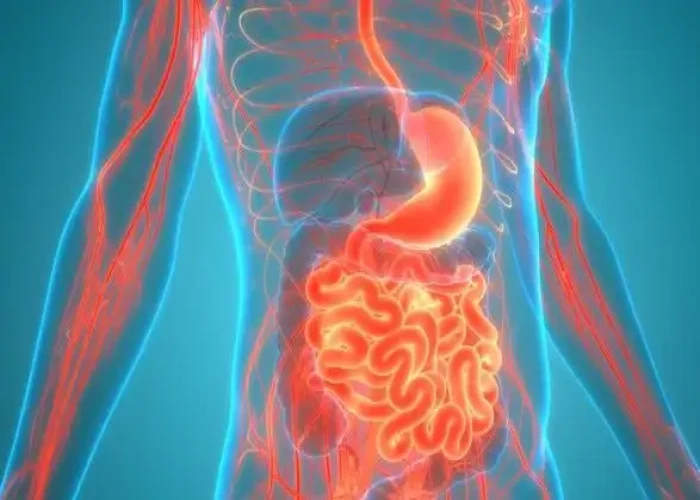 Welcome
Welcome
“May all be happy, may all be healed, may all be at peace and may no one ever suffer."
Head and neck cancers

Head and neck cancers refer to a group of cancers that occur in the tissues and organs of the head and neck, including the mouth, throat, sinuses, nose, and larynx (voice box). These cancers can develop in the cells that line the mucosal surfaces of the head and neck and are often related to tobacco use and alcohol consumption.
The symptoms of head and neck cancers can vary depending on the location and stage of cancer, but may include:
- A lump or sore that does not heal
- Difficulty swallowing or speaking
- Hoarseness or other changes in voice quality
- Persistent cough or sore throat
- Ear pain or hearing loss
- Unexplained weight loss
- Swelling in the neck
Diagnosis of head and neck cancers may involve a physical examination, imaging tests, and a biopsy to determine the type and stage of cancer. Treatment options may include surgery, radiation therapy, chemotherapy, or a combination of these approaches.
In addition to medical treatment, supportive care can help manage symptoms and improve the quality of life for individuals with head and neck cancers. This may include speech and swallowing therapy, nutritional support, and psychological counseling.
Prevention of head and neck cancers involves reducing exposure to risk factors such as tobacco and alcohol use, as well as practicing good oral hygiene and maintaining a healthy diet. Regular dental checkups and screenings for head and neck cancers may also be recommended for individuals at increased risk.
Research Papers
Disease Signs and Symptoms
- Headaches
- Head cancer
- Neck cancer
Disease Causes
Disease Prevents
Disease Treatments
Disease Diagnoses
Disease Allopathic Generics
-
Paracetamol
A popular common treatment for headaches is a medication with paracetamol or aspirin.
First 2 and then 1 3 times a day.
-
Vitamin B complex
To eliminate weakness. 1 pill 2 times a day after meals.
-
Naproxen Sodium
Naproxen is a medicine that can be used to bite into the head for scalp pain.
Young age 250mg or adults 500mg 2 times a day after meals for 5/7 days.
-
Ranitidine Hydrochloride
Medicines containing ranitidine for stomach gas. 1 pill 2 times a day after meals.
Disease Ayurvedic Generics
Disease Homeopathic Generics
Disease yoga
Head and neck cancers and Learn More about Diseases

Bags under eyes

Hereditary hemorrhagic telangiectasia

Myelodysplastic syndromes

Sacral dimple

Pulmonary valve stenosis

Sun allergy

Castleman disease

Sclerosing mesenteritis
head and neck cancers, মাথা ও ঘাড়ে ক্যান্সার
To be happy, beautiful, healthy, wealthy, hale and long-lived stay with DM3S.
